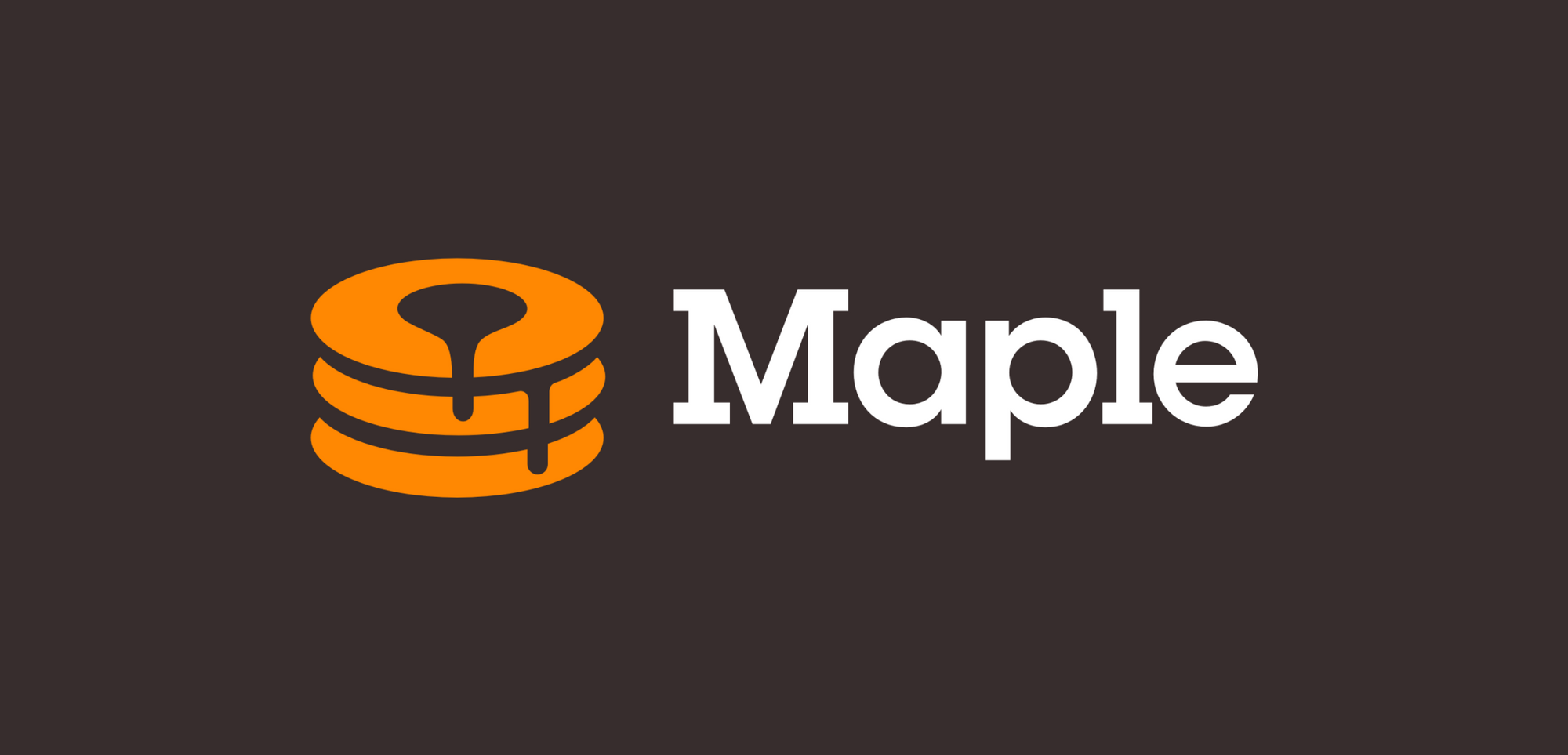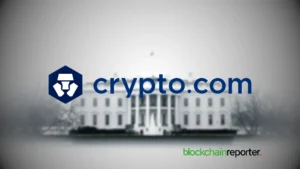
Introduction
In a recent move, Maple Financial, a blockchain-based credit market provider, has opened the doors to U.S. investors by offering cash management pools linked to tokenized U.S. Treasury bills (T-bills). This significant step follows the firm’s securing a Rule 506(c) of Regulation D exemption from the U.S. Securities and Exchange Commission (SEC).
Growth of Maple Financial’s Cash Management Pools
History and Expansion
Maple Financial’s platform has been performing notably well since its inception, with its cash management facility drawing in $22 million in deposits since being launched in April. Initially, access to the Maple pool was restricted to non-U.S. entities, but this has now changed.
Offering to Investors
The cash management pools on Maple’s platform cater to a broad spectrum of investors, including accredited individual investors, corporations, and decentralized autonomous organizations (DAO). Participants can invest their surplus USDC and USDT stablecoin holdings into one-month U.S. Treasury bills, allowing them to receive a 4-5% annual return.
Rising Demand for Blockchain-based T-bill Offerings
U.S. government debt, widely viewed as a risk-free asset, has been seeing a surge in yield, surpassing returns in decentralized finance (DeFi). As a result, the demand for blockchain-based T-bill offerings is on the rise.
Benefits to Digital Asset Firms
Digital asset companies, cryptocurrency investment funds, and protocol treasuries often maintain significant cash reserves in stablecoins. Tokenized Treasuries present an attractive option, providing a safeguard against inflation and an opportunity to earn a yield.
Market Growth
The market for tokenized T-bills has seen remarkable growth, increasing six-fold this year to a value close to $700 million, as reported by the real-world asset data platform RWA.wyz.
Conclusion
Maple Financial’s expansion to include U.S. investors in its tokenized Treasury pools represents an important milestone in bridging traditional finance with the blockchain space. With promising returns and a robust market, this move is poised to further popularize tokenized government debt and may foster greater financial innovation and inclusivity. The growth in demand for these financial products underscores the ever-evolving landscape of investment opportunities, blending technology, regulation, and traditional investment vehicles.









